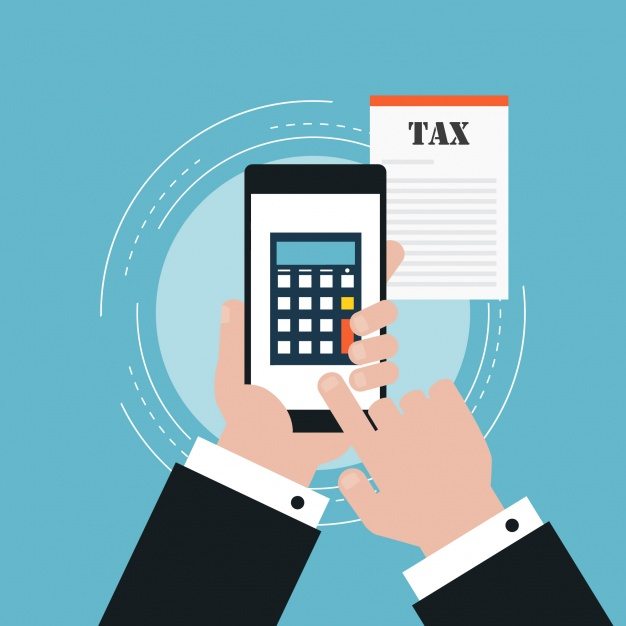The IRS has stepped up to help people facing the challenges of COVID-19 with a number of measures including easing payment guidelines and postponing compliance actions for the initial period of April 1 to July 15, 2020. This is in addition to the extension of the tax filing deadline to July 15, 2020.
An important note: taxpayers have until July 15, 2020, to respond to the IRS to verify that they qualify for the Earned Income Tax Credit or to verify their income. If this applies to you, it is important to make a concerted effort to obtain and submit all requested information. If you are not able to do so you’ll need to inform the IRS indicating the reason such information is not available. Until July 15, 2020, the IRS will not deny these credits for a failure to provide requested information.
Some of the other specific measures the IRS is poised to take include:
If you are unable to fully pay your federal taxes by the new July 15 deadline, the IRS will help you resolve outstanding liabilities by setting up a monthly payment agreement.
If you are currently working toward an Offer in Compromise (OIC), the IRS is taking the following steps to assist you, depending on where you are in the process:
Despite all of these considerations that the IRS plans to extend to taxpayers, the agency is still encouraging taxpayers to respond to any IRS correspondence requesting additional information during this time if possible.


